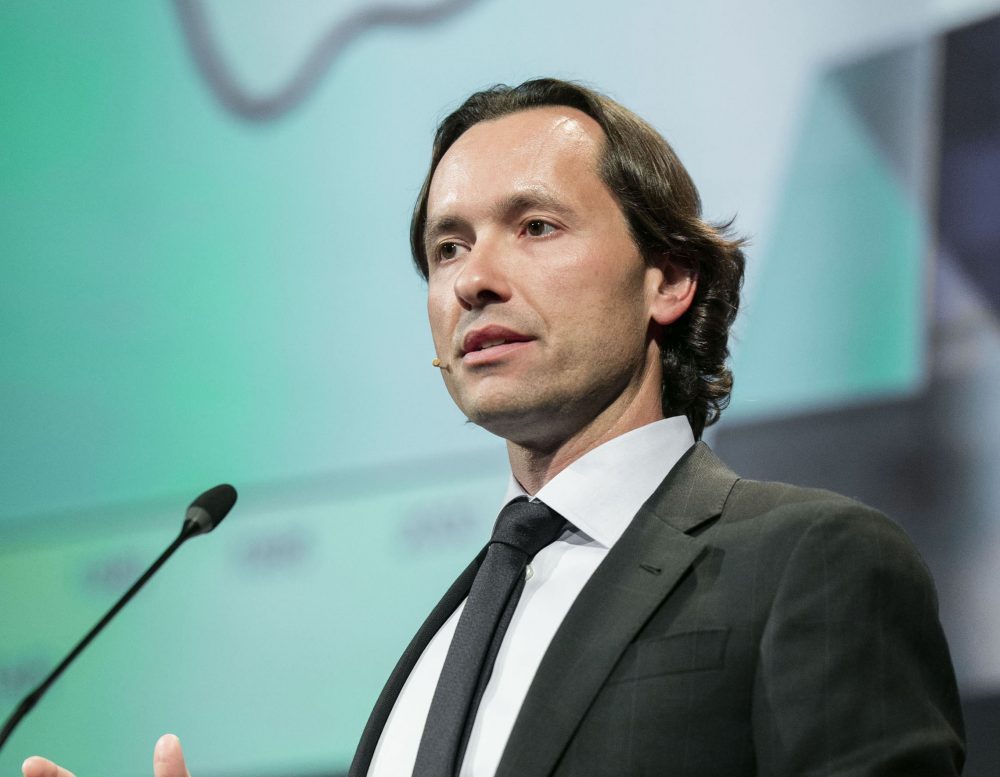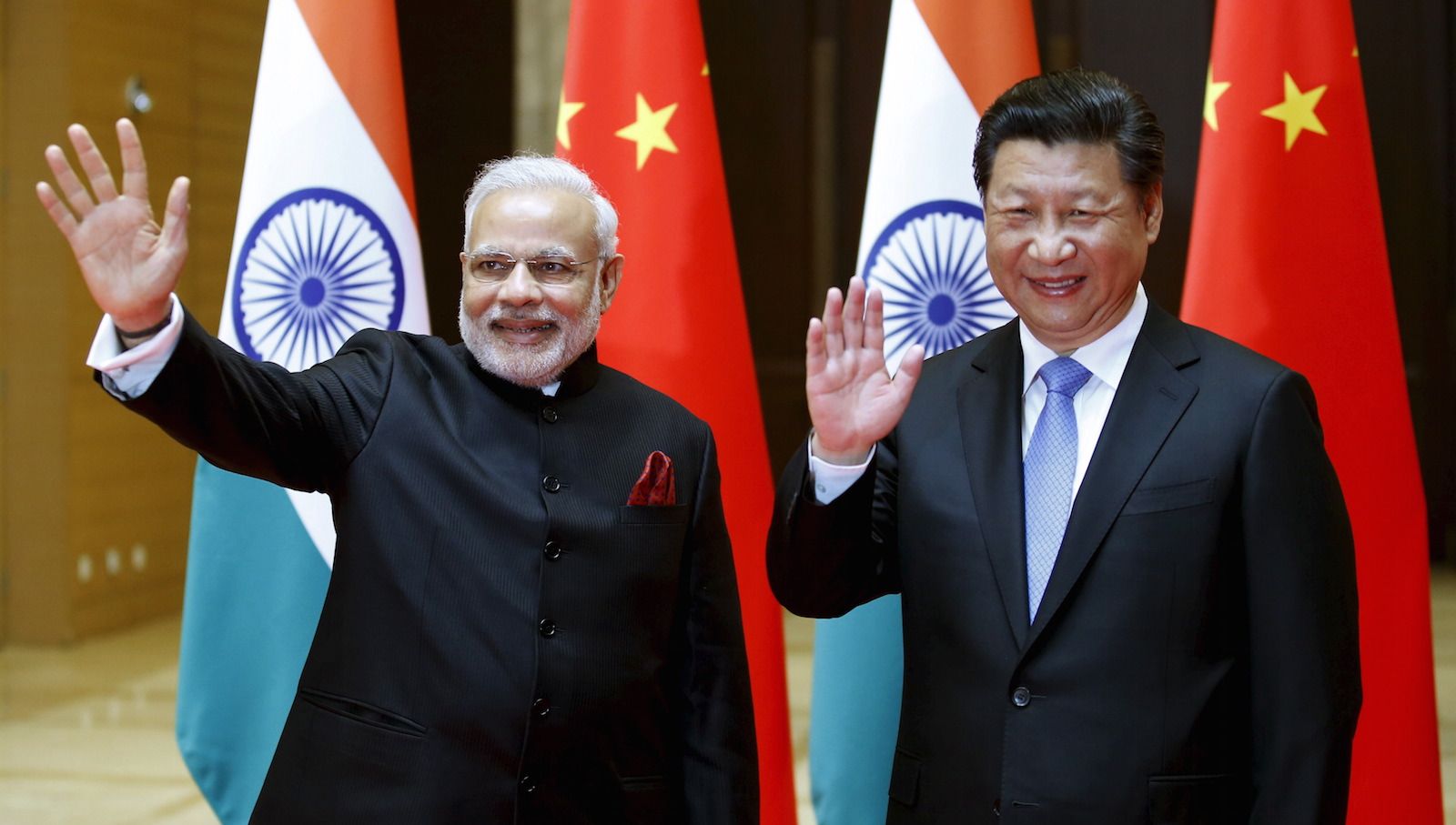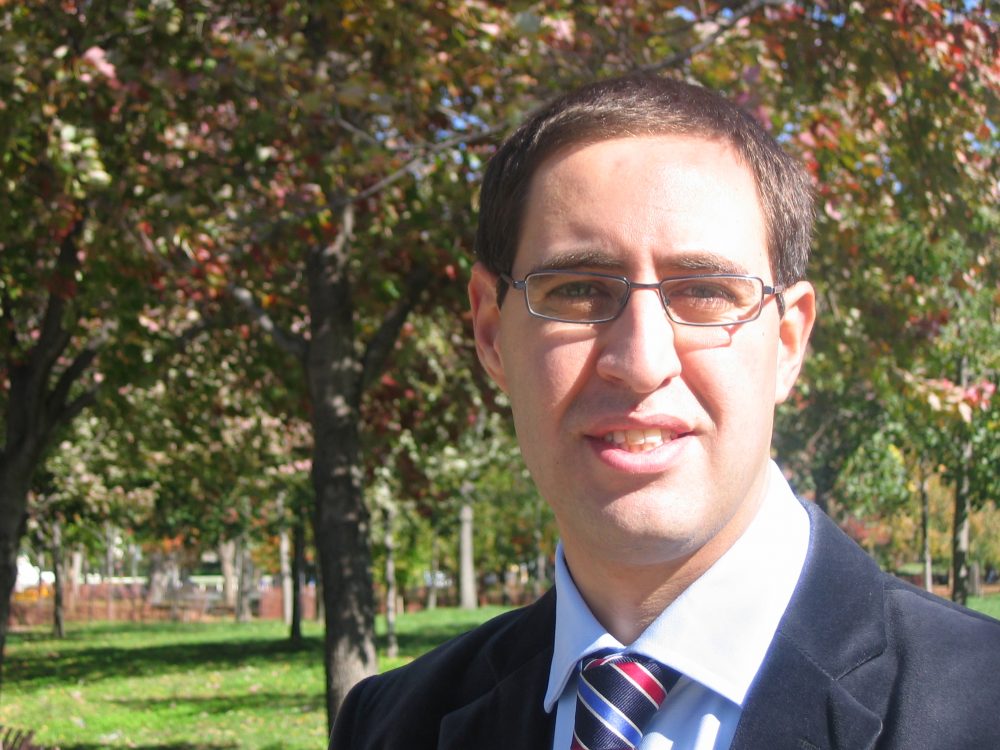
GRIFFIN SHUFELD AND DHOHA BARECHE – SEPTEMBER 20, 2023
Interview Conducted by Griffin Shufeldt and Dhoha Bareche
Ted Miguel is the Oxfam Professor of Environmental and Resource Economics at UC Berkeley. He is a founder of CEGA, and his research focuses on development economics, particularly in sub-Saharan Africa. Two Berkeley Economic Review members got the chance to ask him about his background and research earlier this year.
Shufeldt: So to start us off, you were interviewed by us all the way back in 2016, when this journal had just started. In that interview you mentioned that you were always interested in international development and it was just a question of how to pursue that, whether it be law, engineering or political science. Could you talk a little bit about how you landed on economics?
Miguel: Yeah, it’s definitely the case that even when I was a teenager, I was really interested in global poverty and equality, international relations, all those kinds of issues. I wasn’t sure exactly how to pursue that. When I was in undergrad, I thought I might do something in environmental engineering. I thought I might do something in political science. You mentioned even international law, for a while I was interested in that. I think for me, since I really liked math and kind of statistics and those kinds of technical issues, economics felt like a natural fit because I could work in this area and then also use some of those tools and skills. So I think maybe that’s part of what attracts a lot of people to economics is you can use a bunch of math skills, coding skills, and whatnot, and use those technical skills to tackle hard problems in international development. And then I was very lucky because when I was an undergrad, I started working as a research assistant for Michael Kramer, who ended up being my co-author, my advisor in grad school. I was really inspired by the kind of work he was doing, so that nudged me in that direction of doing economics.
Bareche: You’ve mentioned previously that when you decided to do development economics, it was a relatively new field. How have things changed since you were in undergrad? How do you see the field moving forward in the future?
Miguel: Development Economics within US universities and in a lot of universities globally was just a small field in terms of the research output, the number of faculty and the number of students, and part of it was due to limited data. Historically there just weren’t as many good data sets to use; that limited the research. But the field has changed so much since then and it has grown a ton. It’s one of the biggest fields here in Berkeley among our PhD students and there’s a lot of interest in the undergrad classes with multiple faculty doing it. So I think the field has grown and it’ll continue for years to come because on some level we’re way below what steady state development economics should look like. When I started grad school–this was in the nineties–seventy to eighty percent of the world was living in low and middle income countries, but in a department there might be one person doing development economics out of 20 or 30. People’s life experiences globally just weren’t being represented at all in economics departments, so I think development economics growing is part of that growing representation of more of the world and I think it’ll just continue to and maybe there’ll be twice as many development economists in 10 years as there are today.
Bareche: Another follow up to that, is there a reason why you decided to study sub-Saharan African development instead of, let’s say, Latin American development?
Miguel: I think for me it really was an intellectual decision. In my first year of grad school, I was asking myself exactly that question, what region should I focus on? I had different opportunities to do some research work in South Asia, Latin America or Sub-Saharan Africa. And actually a very influential thing for me is in my first year of graduate school, I was a grad student at Harvard at that time, Jeffrey Sachs was a professor at Harvard, and at the time he had started doing work in Sub-Saharan Africa. He was doing more research, and he gave a talk to first year grad students about his research. And after hearing his talk, I said, okay, I’m gonna do research in Sub-Saharan Africa. It was that simple. Hearing his arguments about [Africa] is the poorest continent, has the worst health problems, has so much political violence, there’s so much need to understand what’s going on, but there’s been so little research on the region comparatively. That combination of real need and very little research was attractive for me intellectually. That summer, after my first year in graduate school, I went to Kenya to work with Michael Kramer. And that was the summer I set up the deworming project and I just had a great experience professionally, personally, and, and then I continued on that line of research
Shufeldt: Pivoting a little bit to transparency. You wrote an article along with a few others about measuring how transparency has changed over time within economics, whether that be like posting code or instruments. In different subfields, across labor or development or economic theory, there’s been like a really positive increase in transparency. One measure of transparency that has kind of lagged behind the others is pre-registering hypotheses. Why do you think this may be?
Miguel: It’s lagged, although even in the last year or two since I wrote the article you’re referring to, the numbers have really taken off a lot. So I think it has lagged, but it’s changing. Within development economics now, pre-registering studies has become really standard. Papers in other fields and economics less so. So it’s kind of something that development economists are doing and some experimental economists, people who do lab experiments, but not really outside those fields. Some of it has to do with the experimental nature of research. There’s RCTs and in experimental research and development, pre-registration is a very natural thing to do for experiments because you have to design the experiment in advance, and so it’s natural to register it. For some other studies where people are using administrative data, they often don’t feel the need to pre-register, even though it would be very useful to do so. So I think that’s been the big reason. You talked about why it has been slower? I think that’s been the big divide. Researchers doing observational research, non-experimental research, have been slower to adopt the tool, although some are starting to. I’m not sure how much pre-registration will take off outside of experimental work in economics. I think it’s still unknown at this point.
Bareche: Economics has a bad rep for taking a technical and narrow minded approach to certain poverty and other social issues. What’s your take on this critique? Does modern day economics do a better job at taking an interdisciplinary approach to the problems facing our world today?
Miguel: I think it’s kind of the traditional view or traditional critique of economics that it’s just narrow and ignores social factors. Maybe one thing you’ve seen in ECON 172 is how contemporary development economics is actually pretty interdisciplinary and more attention is paid to issues that I think non-economists don’t realize economists are working on. Sometimes when I present to non-economists, whether here on campus or more broadly, the kind of characterizations that are made about what economists do or how economists do research are kind of outdated. So I do think economics has changed a lot. I think the fact that a place like CEGA (Center for Effective Global Action) here from its start dedicated itself to do research on international development in an interdisciplinary way and has affiliates from seven or eight different disciplines who are really active in the center kind of speaks to the contemporary research enterprise being broader than the kind of caricature of what economics is. So I’m proud of that. I’m proud of what we built at Berkeley and again, hopefully in ECON 172 between the historical work and political work and other things, you guys get a sense that development economists are broader than we are sometimes accused of being.
Shufeldt: I think one concern, in economic research in general, is external validity. Especially in development, where a lot of regression discontinuity is used, and we’re estimating a lot of the local treatment effects. How can findings in Mozambique for example, be implemented in Nigeria. How can the external validity concerns be addressed?
Miguel: When we’re taking maybe a very specific local finding and applying it to a broader setting, maybe somewhere very far away, that’s a great point. And, and I think it’s something that, not just our research in economics or development or people who use RCTs, but all research is subject to this critique. I mean, qualitative research is subject to that critique. Almost any research, whether it’s experimental, observational, quantitative, qualitative economics, sociology is gonna be based on a certain population, and then it’s pretty hard to know how those results travel. So I think it’s a fundamental research problem. There is some research in what’s called meta-analysis or meta research that does find treatment effects estimated in one setting still do have predictive power in other settings. It isn’t like there’s no external validity. So you were saying, well, what if there’s a study in Madagascar or Mozambique and you want to take it to Nigeria? Odds are if there was a big positive effect in Mozambique, there’ll still be some sort of positive effect in Nigeria. We don’t know for sure, but at least there’s some evidence suggesting that. It does speak to the need for more research. You mentioned Nigeria. Nigeria is a country with 200 million people and there’s still not enough research on what works and what policies do in Nigeria. So I would say another answer to this is more research in these big important settings. Then we don’t have to worry as much about external validity because we’ll have that data.
Bareche: What type of research are you working on right now?
Miguel: I’m working in a few different areas. I’ll just mention one thing: I’m working in four or five different areas. We’ve been studying the effects of cash transfers and we’ve published some work on this, like what are the effects of cash transfers, which have become pretty popular in low and middle income countries in recent years, on the local economy. What we’re doing right now is measuring how cash transfer effects spread out over space and studying those effects over time. We’re finding some pretty substantial persistence in the benefits of big cash transfer programs–not just for the recipients themselves, but for the local economy. So that’s one of the things I’m really excited about because it is really actionable in terms of policy, and at the same time, the economics of it and the theory is really interesting. So it’s kind of like the sweet spot for me in terms of my research.
Bareche: Where do you see the field of developmental economics going in the future?
Miguel: I think for me, the ideal project is something that is really intellectually challenging but also important for policy. If I can work in that intersection, then I’m really happy with my research.
We thank Professor Ted Miguel for sharing his research and insight into the future of the field of Development Economics.
Featured Image Source: Wikipedia
Disclaimer: The views published in this journal are those of the individual authors or speakers and do not necessarily reflect the position or policy of Berkeley Economic Review staff, the Undergraduate Economics Association, the UC Berkeley Economics Department and faculty, or the University of California, Berkeley in general.



